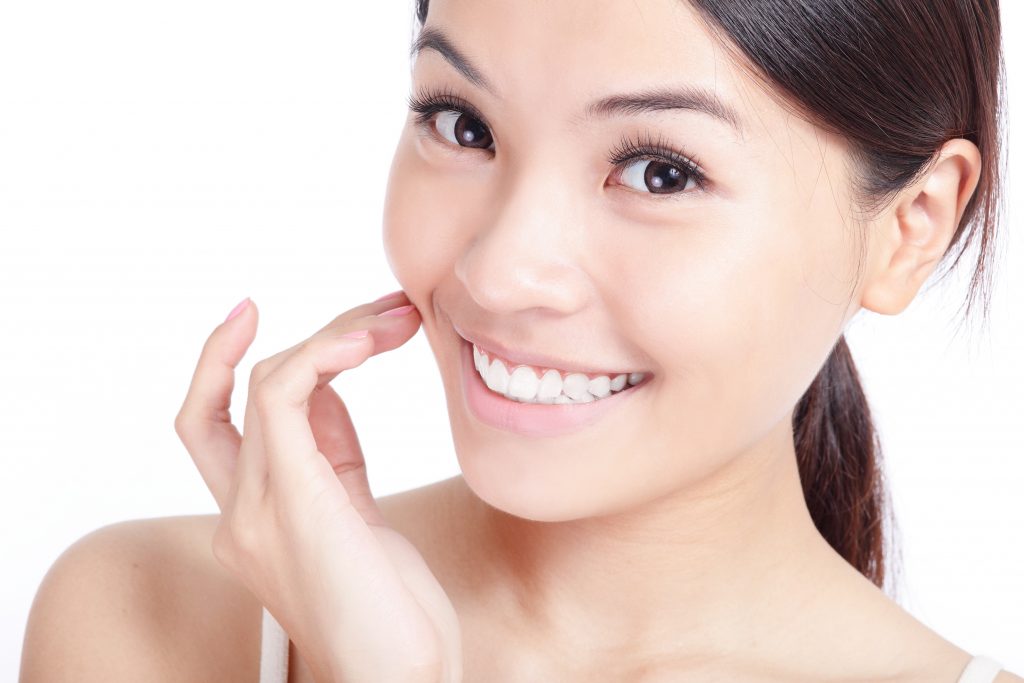Skin whitening treatments have become increasingly popular in Dubai and across the globe, often sought for lightening dark spots, evening out skin tone, or achieving a brighter complexion. These treatments can include topical creams, chemical peels, laser therapies, or injectable options, all aimed at reducing excess melanin production and improving skin radiance. In the context of Dubai’s aesthetic market, it’s important to differentiate safe treatments from potentially harmful approaches. Skin Whitening Treatment in Dubai is an example of a non-bleaching, collagen-stimulating procedure that supports skin health without causing thinning. Unlike certain whitening treatments, it works by rejuvenating rather than stripping the skin.
How Skin Whitening Treatments Work
Most skin whitening treatments aim to reduce melanin, the pigment responsible for skin color. This is achieved through:
-
Topical agents such as hydroquinone, kojic acid, or arbutin, which inhibit melanin production
-
Chemical peels using acids to exfoliate the top layer of the skin, promoting cell turnover
-
Laser therapies targeting pigment-laden cells, breaking them down to lighten dark spots
While effective for reducing pigmentation, the impact on skin thickness largely depends on the type, concentration, and frequency of the treatment.

Can Skin Whitening Cause Thinning?
Skin thinning, also known as atrophy, occurs when the dermal and epidermal layers of the skin lose their density and resilience. Some skin whitening treatments can contribute to thinning if used improperly:
Topical Hydroquinone
Hydroquinone is a potent skin-lightening agent. Long-term or high-concentration use can lead to thinning of the skin, making it more fragile and susceptible to irritation. Overuse may also increase sensitivity to sunlight, which can worsen pigmentation or cause additional damage.
Corticosteroid Creams
Sometimes combined with whitening agents, corticosteroids can accelerate skin atrophy. Even mild topical steroids, if used extensively over time, may cause thinning, stretch marks, or fragile blood vessels.
Aggressive Chemical Peels
Deep peels, if repeated too frequently, can remove significant portions of the epidermis. While this promotes new cell growth, excessive use may temporarily compromise skin thickness and barrier function.
Laser Treatments
Certain laser treatments are generally safe and designed to target melanin, but aggressive or improper application can damage the dermis. Selecting a qualified professional is crucial to minimize risk.
Signs of Skin Thinning
Individuals using whitening treatments should monitor their skin for early signs of thinning, including:
-
Increased transparency, where veins become more visible
-
Fragile texture, bruising easily or healing slower
-
Sensitivity or irritation to products that were previously tolerated
-
Appearance of fine lines or wrinkling at an accelerated rate
Early recognition allows adjustments to treatment and skincare routine to prevent long-term damage.
Safer Alternatives for Brightening Skin
For those concerned about skin thinning, safer methods of skin brightening include:
-
Non-bleaching rejuvenation treatments such as microneedling or Derma Rollers Treatment in Dubai, which stimulate collagen and improve skin tone without stripping layers
-
Vitamin C or niacinamide serums, which lighten pigmentation while supporting skin health
-
Sun protection, which prevents new pigmentation and supports long-term skin integrity
-
Professional chemical peels, spaced appropriately and customized for skin type, avoiding over-exfoliation
These options balance efficacy and safety, minimizing the risk of thinning while promoting healthy, radiant skin.
Tips for Maintaining Healthy Skin While Whitening
-
Avoid overuse of potent topical agents or steroid-based creams.
-
Limit the frequency of aggressive chemical peels.
-
Always use broad-spectrum sunscreen to protect against UV-induced pigmentation and damage.
-
Hydrate and nourish the skin with moisturizers and antioxidants.
-
Consult qualified skincare professionals to tailor treatments for your skin type and tone.
Why Dubai Residents Should Be Cautious
Dubai’s climate—with intense sun and heat—can exacerbate skin sensitivity, making the risk of thinning or irritation higher when using strong whitening treatments. Residents are increasingly opting for balanced, non-invasive options that improve skin tone while maintaining its structural integrity. Regenerative procedures, like Skin Whitening Treatment Dubai, provide a safer, collagen-boosting approach, offering visible brightening effects without compromising thickness or strength.
Conclusion
Skin whitening treatments, when misused or over-applied, can indeed contribute to skin thinning, particularly with long-term hydroquinone or steroid-containing products. However, safe alternatives exist that both enhance skin tone and protect skin integrity. Non-invasive regenerative treatments like microneedling, professional serums, and carefully monitored chemical peels provide brightening results without compromising collagen and dermal health. For Dubai residents seeking radiant, even-toned skin, prioritizing skin safety while achieving desired aesthetic outcomes is the key.

